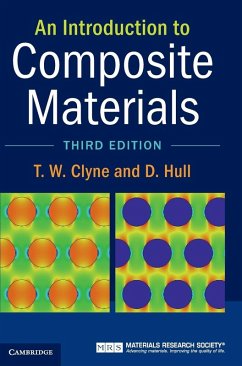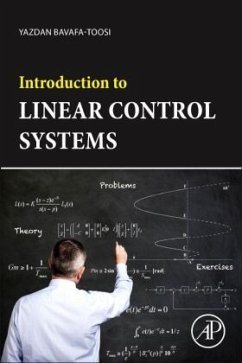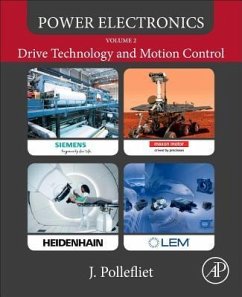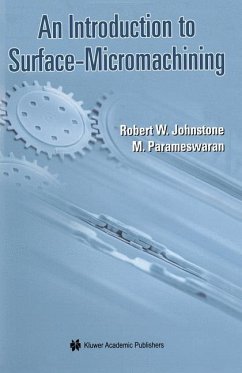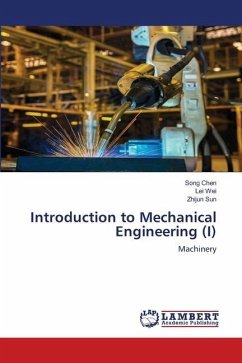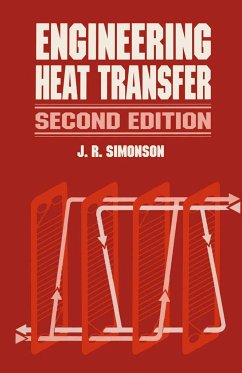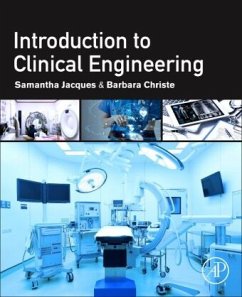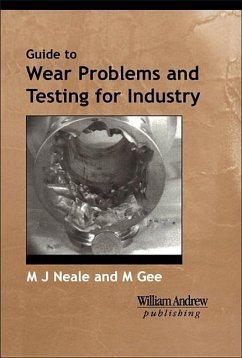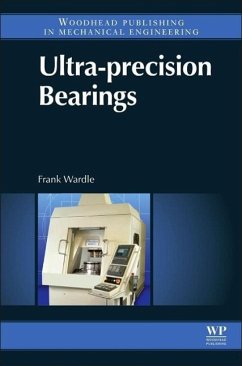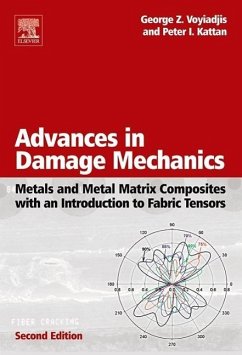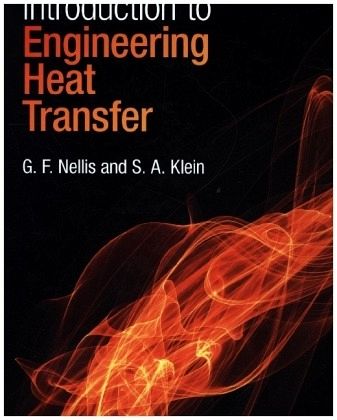
Introduction to Engineering Heat Transfer

PAYBACK Punkte
45 °P sammeln!
This new text integrates fundamental theory with modern computational tools such as EES, MATLAB®, and FEHT to equip students with the essential tools for designing and optimizing real-world systems and the skills needed to become effective practicing engineers. Real engineering problems are illustrated and solved in a clear step-by-step manner. Starting from first principles, derivations are tailored to be accessible to undergraduates by separating the formulation and analysis from the solution and exploration steps to encourage a deep and practical understanding. Numerous exercises are provi...
This new text integrates fundamental theory with modern computational tools such as EES, MATLAB®, and FEHT to equip students with the essential tools for designing and optimizing real-world systems and the skills needed to become effective practicing engineers. Real engineering problems are illustrated and solved in a clear step-by-step manner. Starting from first principles, derivations are tailored to be accessible to undergraduates by separating the formulation and analysis from the solution and exploration steps to encourage a deep and practical understanding. Numerous exercises are provided for homework and self-study and include standard hand calculations as well as more advanced project-focused problems for the practice and application of computational tools. Appendices include reference tables for thermophysical properties and answers to selected homework problems from the book. Complete with an online package of guidance documents on EES, MATLAB®, and FEHT software, sample code, lecture slides, video tutorials, and a test bank and full solutions manual for instructors, this is an ideal text for undergraduate heat transfer courses and a useful guide for practicing engineers.




